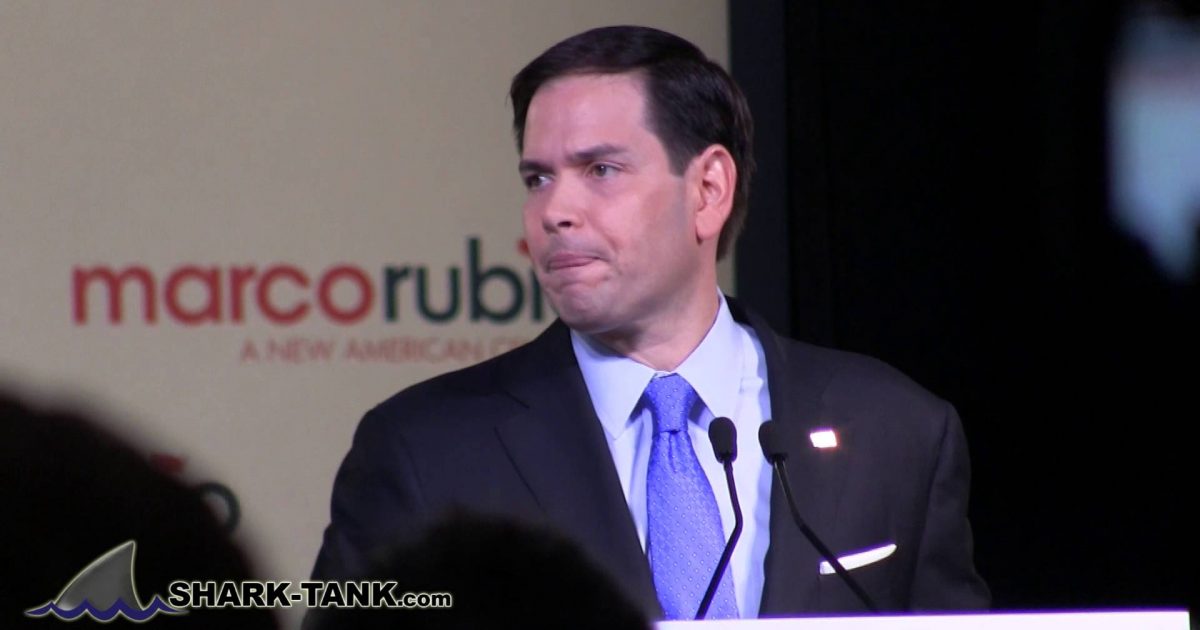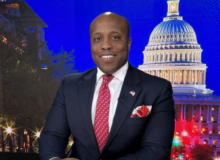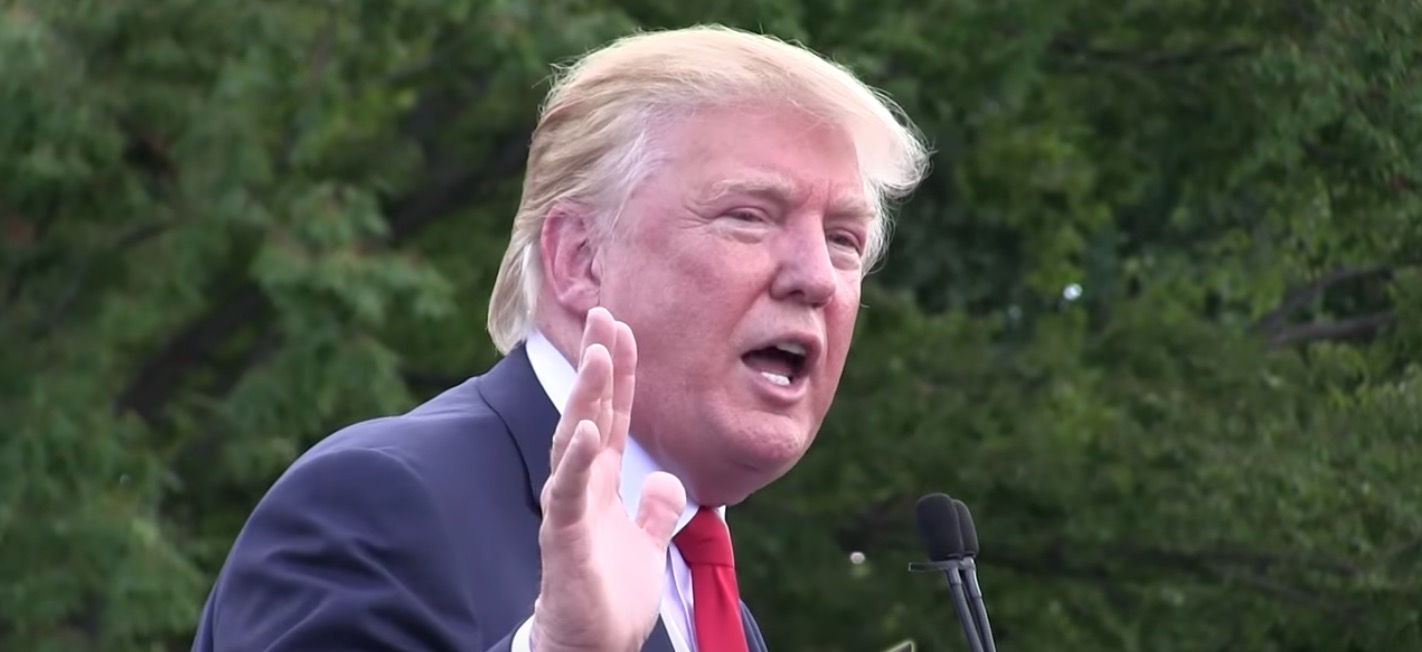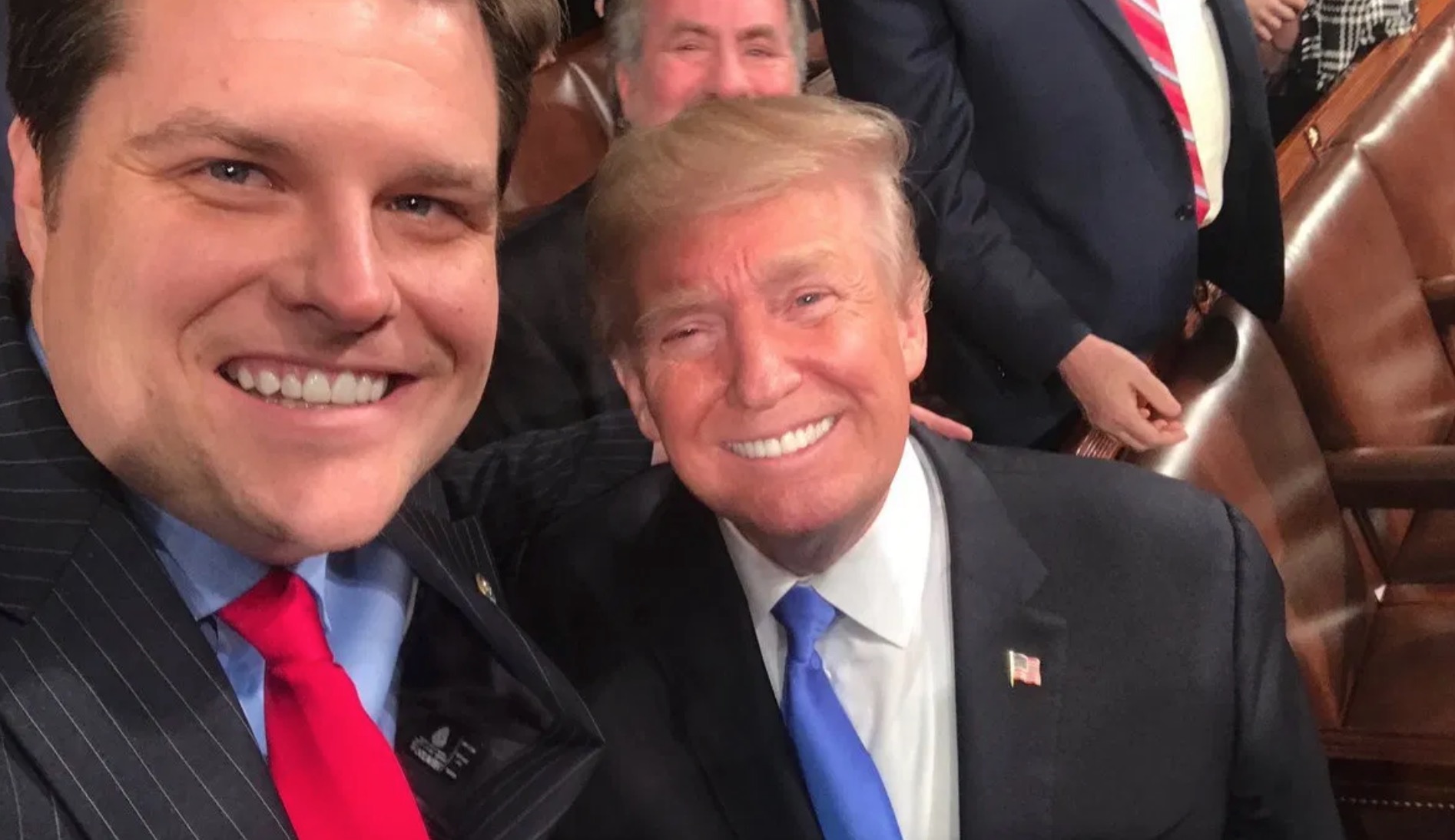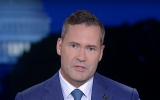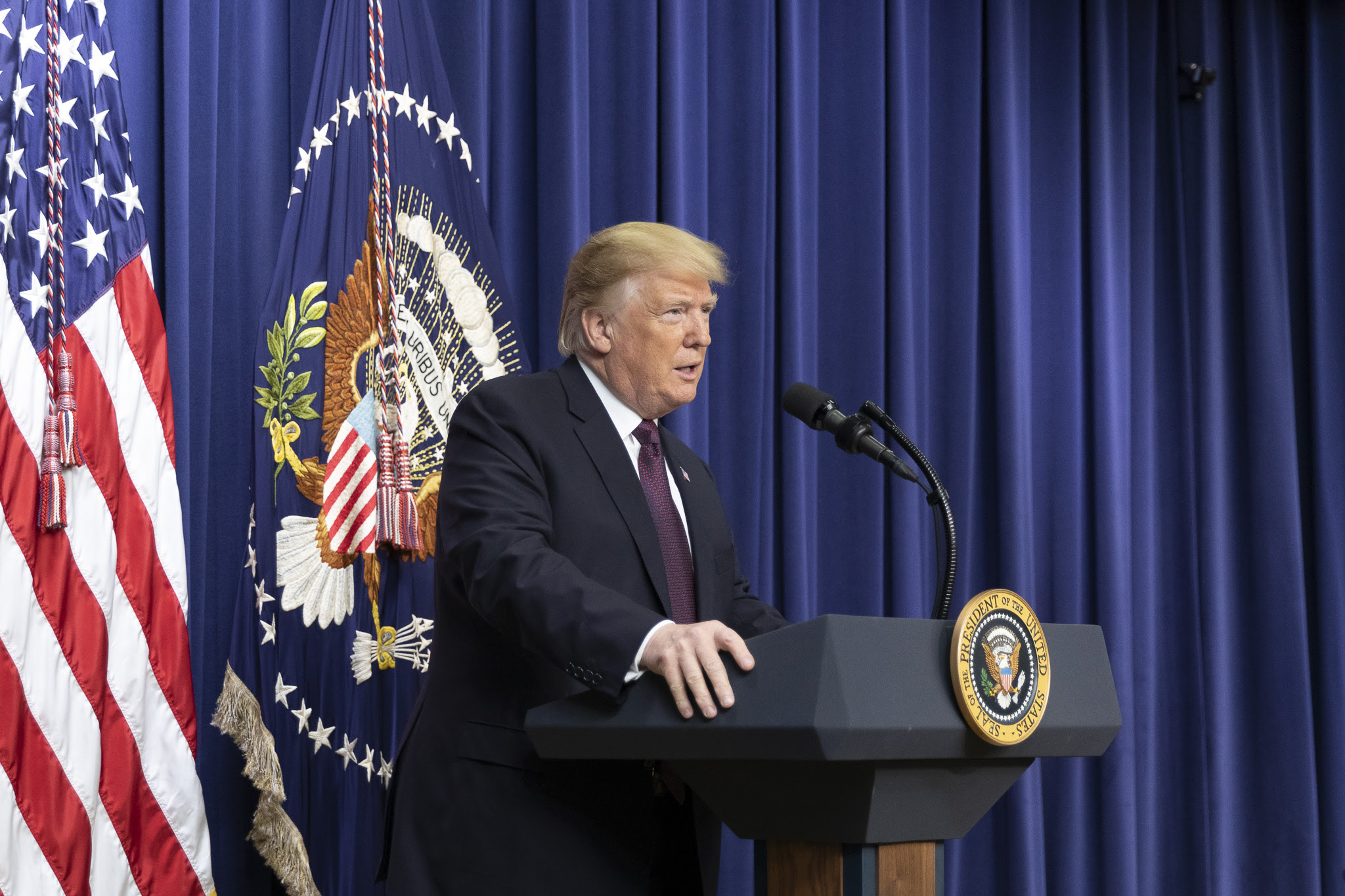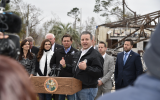The much anticipated CNN debate fist fight between Senators Ted Cruz and Marco Rubio finally took place, as both Republican presidential candidates sparred over who was the toughest on national security.
From the beginning of the debate, Rubio took command of the issue, and was able to effectively verbalize his hawkish foreign policy agenda, hammering Cruz on his support for the USA Freedom Act, an act that gutted the meta-data collecting practice from the Patriot Act.Rubio doubled-down on calling Cruz an “isolationist.”
“We are now at a time when we need more tools and not less tools…That tool we lost, the metadata tool, that was a valuable tool that we no longer have at our disposal.”-Senator Marco Rubio
Do you think the 2nd Amendment will be destroyed by the Biden Administration?(2)
If there was any doubt that Rubio wasn’t tough on foreign policy, his debate performance put any and all of those concerns to rest.
Cruz like the others, all seemed to have a grasp on the issue, and like Rubio, were able to make stake their claim of being tough on foreign policy.
Cruz scored big points on Rubio by tying him to the failed Obama-Hillary foreign policy.“One of the problems with Marco’s foreign policy is he has far too often supported Hillary Clinton and Barack Obama undermining governments in the Middle East that have helped radical Islamic terrorists…We need to focus on killing the bad guys, not getting stuck in Middle Eastern civil wars that don’t keep America safe.”-Sen. Ted Cruz
But things quickly changed for Rubio once the discussion pivoted to immigration and its inextricable tie to national security.
Cruz pounced on Rubio for supporting the “Rubio-Schumer Gang of Eight” Senate bill in 2013.
It wasn’t pretty, and Rubio was visibly unsettled and seemed a bit rattled during the gut-checking dress down that he was enduring from both Cruz and Rand Paul.
The gasp and jaw-dropping facial expressions from members of the media sitting in the debate filing room was a sight to see once Cruz starting tearing into Rubio on immigration.Rand Paul stated that Rubio was “the weakest” of all the candidates on the stage when it came to national security, adding:
We get so distracted by all the information, we’re not spending enough time getting specific information on terrorists. The other thing is, the one thing that might have stopped San Bernardino and might have stopped 9/11 would have been stricter controls on those who came here. Marco has opposed at every point increased security border security for those who come to our country.
.@RandPaul “Marco can’t have it both ways” adds that he is “the weakest” on national security #GOPDebate
— Javier Manjarres (@THESHARKTANK1) December 16, 2015
Because the CNN debate was focused on foreign policy and national security-two issues that Republicans seem to excel in-there was no clear winner of the debate.
All of the candidates did very well, some did just a bit better than others.
Donald Trump held his own, and his back and forth with Jeb Bush was as visually entertaining as it gets in politics. Cruz and Rubio both crushed it, but because he couldn’t formulate a viable comeback in response to Cruz’s assertion that he embraced Obama’s immigration agenda, Rubio could be seen by some as the big loser of the night, considering that so much as riding on the last debate of 2015,
And for all of you Rand Paul supporters, hold your heads up high, as the Senator from Kentucky made you all proud. Paul was by far the most improved candidate at the debate.
Roy Beck of NumbersUSA had the following post debate statement:
The anticipated ganging up on the main stage happened less to Trump tonight than to Rubio for his leadership in bringing the Gang of Eight immigration bill to the Senate floor. Cornered several times by different candidates, Rubio still advanced the same end goal of providing lifetime work permits to millions of illegal aliens to compete with vulnerable American workers. In a foreign policy debate, candidates failed to speak up for an immigration policy that is good for American workers but everybody in both debates acknowledged that legal immigration can pose security threats and requires special consideration during this period of terrorism.


